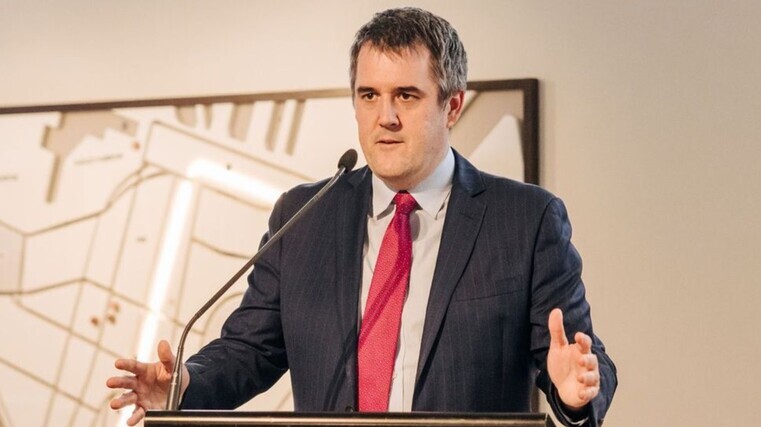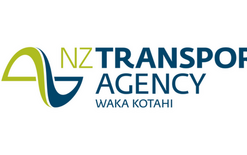CCS charges to be chopped

The government says $264 million in net charges vehicle importers face will be saved by major changes to the clean car standard (CCS).
It adds the reduction in fees imposed at the border will reduce costs payable under the scheme by about 80 per cent and prevent huge hikes in prices to buyers.
Chris Bishop, Minister of Transport, says the CCS’ penalties will drop from a top rate of $67.50 to $15 per gram of carbon dioxide (CO2) for new vehicles – and from $33.75 to $7.50 for used imports – for 2026 and 2027.
The coalition is also aiming to protect CO2 credits by ensuring none expire before December 31, 2028, while a full review of the CCS will involve recommendations going to cabinet by June next year.
“At a time when Kiwis are still feeling the pinch, the last thing they need is cars going up by hundreds or thousands of dollars, but unless the government acts urgently to fix the CCS that’s exactly what could happen,” says Bishop, pictured.
The CCS was introduced in early 2023 to encourage Kiwis to buy more efficient light models and cut CO2 emissions. It sets annual targets for importers who must balance higher-emitting vehicles with enough low-emitters. If they fall short of their overall target, they get pinged. If they exceed it, they earn credits.
“The standard has helped lift fuel efficiency, but market conditions have changed,” adds Bishop. “There’s a supply shortage of cleaner used vehicles and demand for new EVs has dropped.
“Most importers are unable to meet passenger-vehicle targets. In fact, 86 per cent are facing a net charge rather than net savings from credits. The scheme is so out of whack with reality that even some hybrids will attract charges rather than credits.
“Without relief, the industry faces significant charges that are likely to be passed onto consumers through higher prices and reduced choice, so the government is making critical changes to ease pressure on importers and keep cars affordable.”
Bishop says the CCS changes unveiled on November 17 mean the charges for some of the country’s most popular imports will be significantly reduced.
“Depending on how much the importer can offset and price, Kiwis could avoid thousands on their vehicle. In total, it’s estimated the changes will avoid $264m in net charges that could have been passed onto consumers through higher prices.
“The standard isn’t working in its current form. These steps will keep pressure off buyers while it is reviewed. They will make it more affordable for importers to meet emissions targets in the meantime. Most importantly, they will ensure Kiwis aren’t hit with higher prices when they head to the dealership.”
The CCS changes will be made via an amendment paper to the Land Transport (Clean Vehicle Standard) Amendment Bill (No 2), which has just been reported back from a select committee. It’s expected to come into effect on January 1. The government’s calculations are based on 2026’s targets, which come into effect on at the start of next year.





